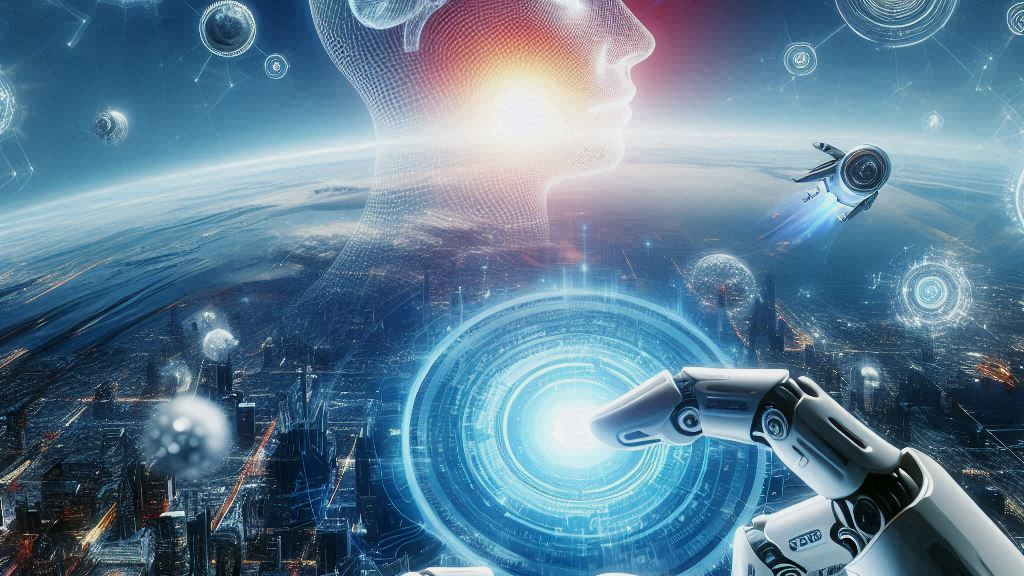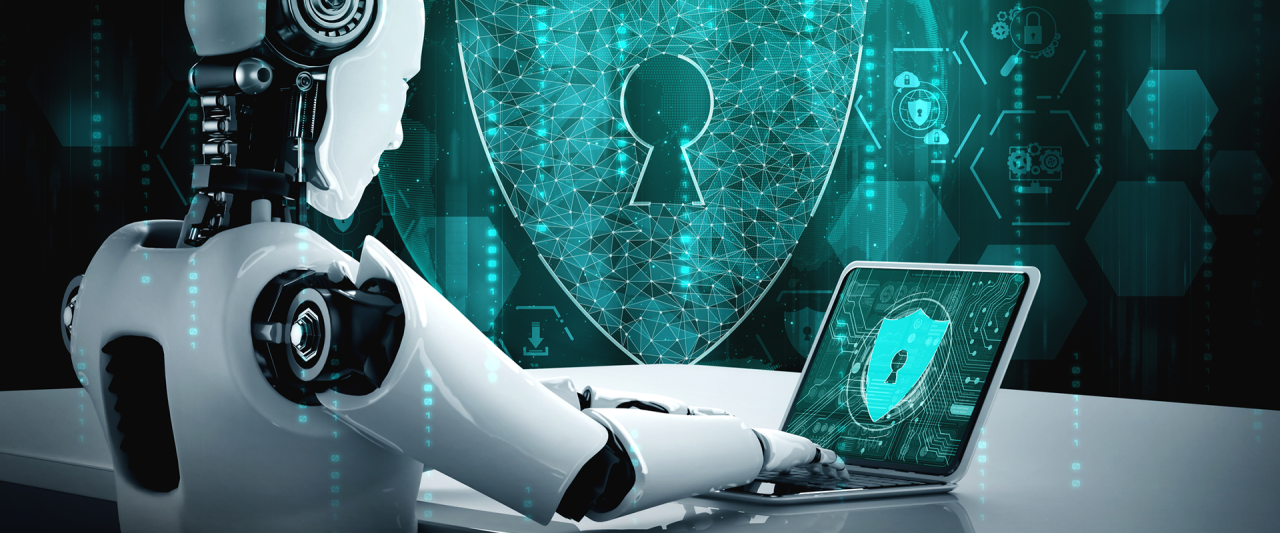Artificial Intelligence (AI) has evolved from a futuristic concept into a reality that is transforming industries and reshaping how businesses operate. From healthcare to finance, AI is enabling smarter decision-making, automating repetitive tasks, and improving operational efficiency. In this article, we explore how AI is making an impact across various sectors and what the future holds for this groundbreaking technology.
1. AI in Healthcare
AI is playing a significant role in the healthcare industry by improving diagnosis, treatment, and patient care. Machine learning algorithms are being used to analyze medical data, detect patterns, and predict patient outcomes. For example, AI tools can analyze medical images to detect early signs of diseases like cancer, enabling doctors to intervene earlier and improve patient outcomes. AI is also being used in drug discovery, speeding up the process of finding new treatments for various diseases.
2. AI in Finance
The financial sector is embracing AI to automate processes, detect fraud, and enhance customer service. AI-powered chatbots are increasingly being used to handle customer inquiries, while machine learning algorithms can analyze vast amounts of financial data to predict market trends and optimize investment strategies. AI is also used for credit scoring, improving accuracy and reducing biases in lending decisions.
3. AI in Manufacturing and Automation
In manufacturing, AI is driving the next wave of automation. Robots powered by AI are capable of performing complex tasks with precision, such as assembling products, inspecting quality, and managing inventory. AI systems are also used to optimize supply chains by predicting demand, improving efficiency, and reducing waste. This shift to smart manufacturing is making industries more agile and responsive to market changes.
4. AI in Retail and E-commerce
Retailers are leveraging AI to personalize shopping experiences and enhance customer engagement. AI-powered recommendation engines suggest products based on customer behavior and preferences, leading to more tailored shopping experiences. In addition, AI is being used in inventory management to predict demand, ensuring that products are available when customers need them. Augmented reality and virtual try-on features powered by AI are also becoming common in e-commerce.
5. AI in Transportation
AI is revolutionizing transportation through the development of autonomous vehicles, smart traffic systems, and predictive maintenance. Self-driving cars, trucks, and drones are expected to reduce accidents and improve efficiency in logistics and delivery services. AI-powered traffic management systems can optimize traffic flow in real-time, reducing congestion and emissions. Additionally, AI is being used to monitor and maintain transportation infrastructure, ensuring that roads and vehicles remain safe and reliable.
6. Ethical Considerations and Challenges
While AI offers enormous potential, it also raises ethical concerns. Issues such as data privacy, algorithmic bias, and the potential for job displacement are at the forefront of discussions surrounding AI. Developers and policymakers are working to create frameworks that ensure AI is used responsibly and ethically, addressing concerns such as transparency, accountability, and fairness.
Conclusion
Artificial Intelligence is no longer just a buzzword; it is a transformative technology that is revolutionizing industries and shaping the future of work. From improving healthcare outcomes to enhancing customer experiences in retail, AI is driving innovation across sectors. However, as AI continues to evolve, it is crucial that businesses and governments work together to address the ethical challenges and ensure that AI benefits society as a whole.




